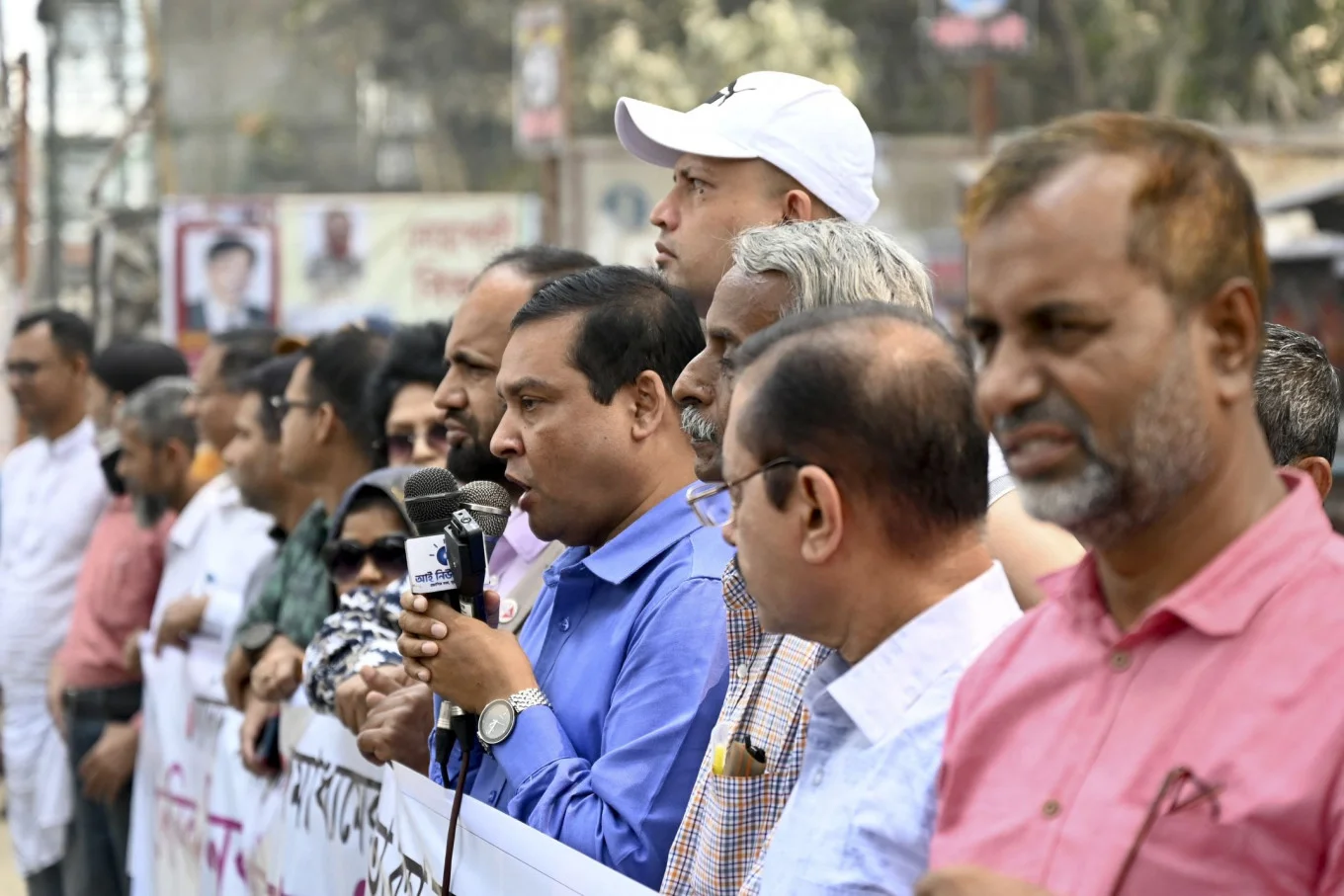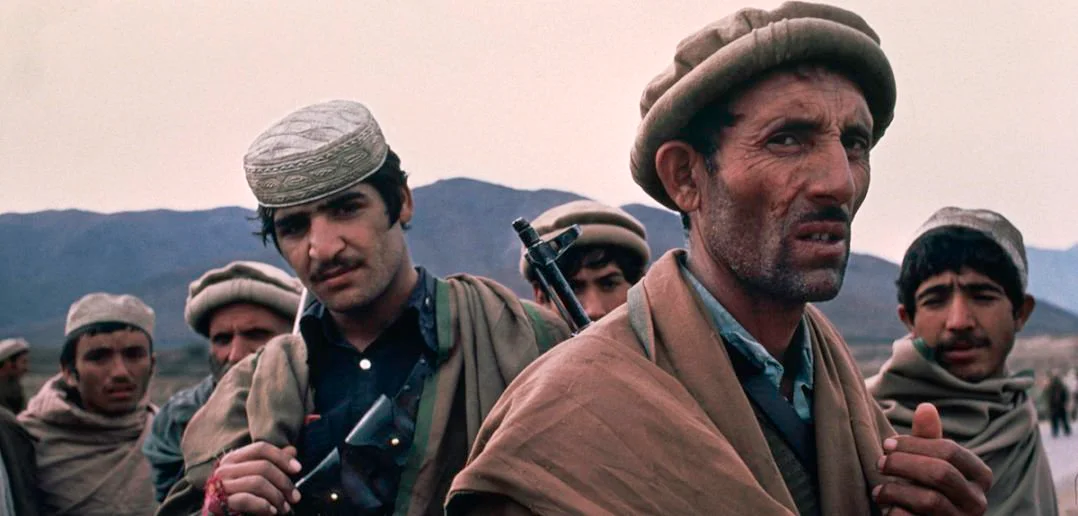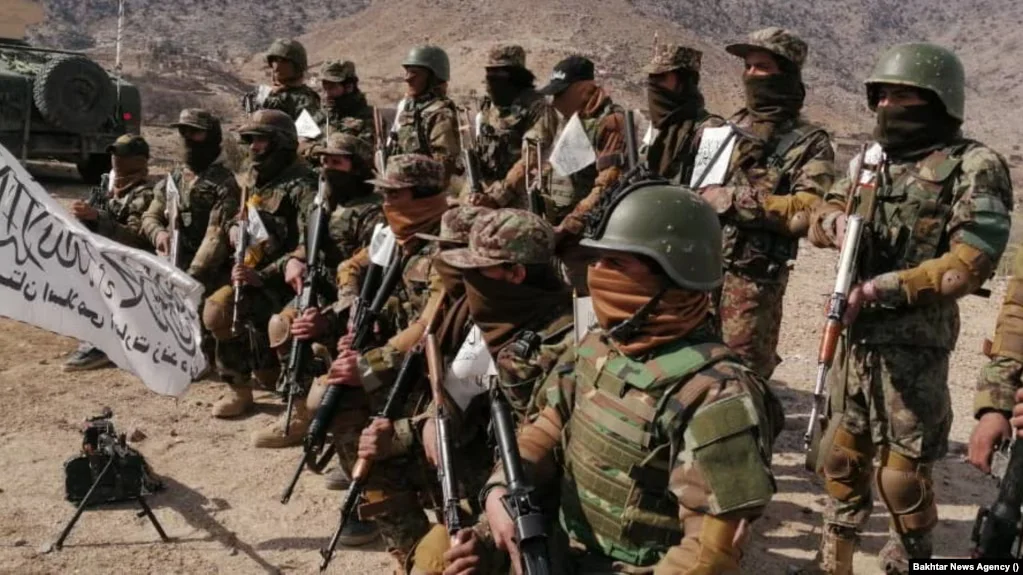Fears of media freedom crackdown rise in Bangladesh under Prime Minister Sheikh Hasina’s government.
Campaigners and foreign governments, including the United States, have long expressed worries about efforts by Prime Minister Sheikh Hasina to silence criticism. They also express concerns about what they see as creeping authoritarianism. This comes as the Bangladesh opposition newspaper has halted its operations.
The Dainik Dinkal, a broadsheet Bengali-language newspaper, has been a vital voice of the Bangladesh Nationalist Party (BNP). It has served this role for more than three decades. It employs hundreds of journalists and press workers.
The news stories that pro-government businessmen rarely cover in mainstream newspapers are included.
This includes the frequent arrests of BNP activists. The party also claims that authorities have filed thousands of fake cases against its supporters.
The newspaper said that Dhaka district authorities ordered the shutdown on December 26. However, it continued to publish after making an appeal to the Press Council, which is headed by a top high court judge.
“The council rejected our appeal yesterday (Sunday), upholding the district magistrate’s order to stop our publication,” Shamsur Rahman Shimul Biswas, managing editor of the newspaper, said, as Bangladesh opposition newspaper halted.
AFP obtained a copy of the order. The order stated that authorities canceled the newspaper’s printing permit. This action followed the newspaper’s violation of the country’s printing and publication laws.
The council said the paper’s publisher, Tarique Rahman — the acting chief of BNP — was a convicted criminal and was living abroad without handing over his job to another person.
Source: Dawn News






